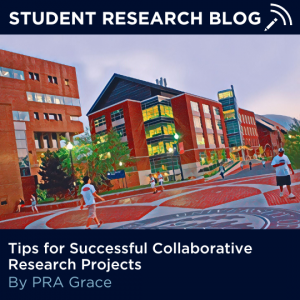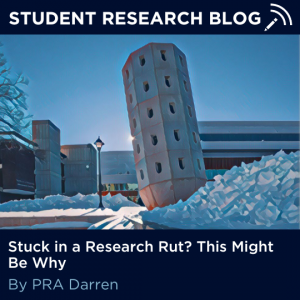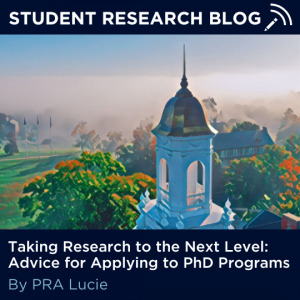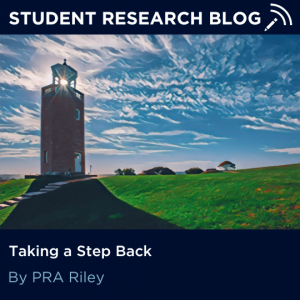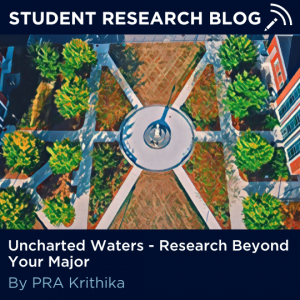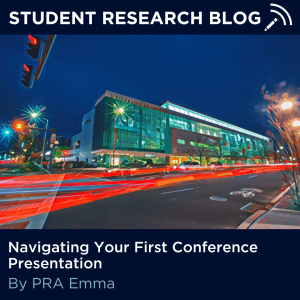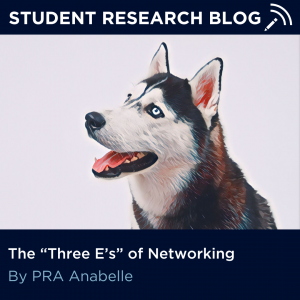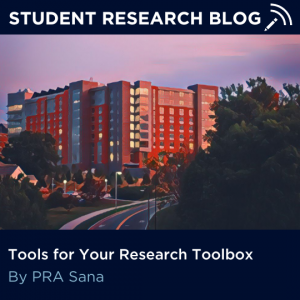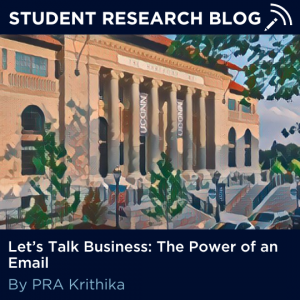 Lucie Lopez ’24
Lucie Lopez ’24
Majors: Psychological Sciences and Spanish
2023-24 OUR Peer Research Ambassador
Research Journey
When I first got to UConn, I was not confident in my ability to succeed. However, after three years as an undergraduate, I can confidently say I believe in myself. One reason for this change is my experience in undergraduate research. As a first-year student, I barely knew what research was, which made the experience of getting started very intimidating. Nonetheless, I felt pressure to get involved with research, especially since I was potentially interested in graduate school. So, I took a leap of faith during my first semester and reached out to a faculty member. That led me to the first stop on my research journey as an undergraduate research assistant with Dr. Rhiannon Smith in the Social Emotional Development Lab. My next stop led me to participate in the Social Sciences, Humanities, and Arts Research Experience (SHARE) program as an apprentice and work with Dr. Peter Chen in the Department of Geography. Lastly, I wanted to combine these fields into a project of my own, which led me to the UConn IDEA Grant program.
Along those different stops, my confidence slowly began to grow. However, when I was chosen as a UConn IDEA Grant Recipient, I experienced a lot of imposter syndrome (former PRA Mahima has a great blog post on imposter syndrome! — https://ugradresearch.uconn.edu/2021/10/29/imposter-syndrome/). There’s no timeline for imposter syndrome, but it took me a couple of months to overcome it, and I feel confident that I had a good project and could complete it. This was difficult to work through, but it ultimately helped increase my confidence exponentially. This experience, combined with my academic success and leadership experiences in other organizations, led to me walking across the stage with my head held high and a newfound confidence in my ability to succeed and do great things.
Next Steps
I’m so excited to return to UConn in the fall as a Ph.D. student in the School Psychology program studying with Dr. Sandra Chafouleas! All of my research experiences, from being a research assistant in the Social Emotional Development Lab to being a SHARE apprentice to completing my own UConn IDEA Grant project, have led me to this next step in my research journey. These experiences have given me skills and practice that will be invaluable as a graduate student. I could not be more grateful to Dr. Smith, Dr. Chen, Melissa, and all of the fantastic staff at OUR for their knowledge and advice!
My Advice
Remember that you’re not alone! I often fell into the trap of feeling like I had to figure everything out and solve every single problem on my own, especially as a first-year student who was unfamiliar with UConn. However, this is far from true. UConn has so many incredible resources (such as OUR!) for which their only purpose is helping students succeed. Don’t be afraid to visit these resources in person and ask questions. They are all so welcoming and genuinely want to help you. I know it might feel like you’re on your own at UConn, but there are so many people who want to see you be your best self and achieve great things. You got this!
Click here to learn more about Lucie.
